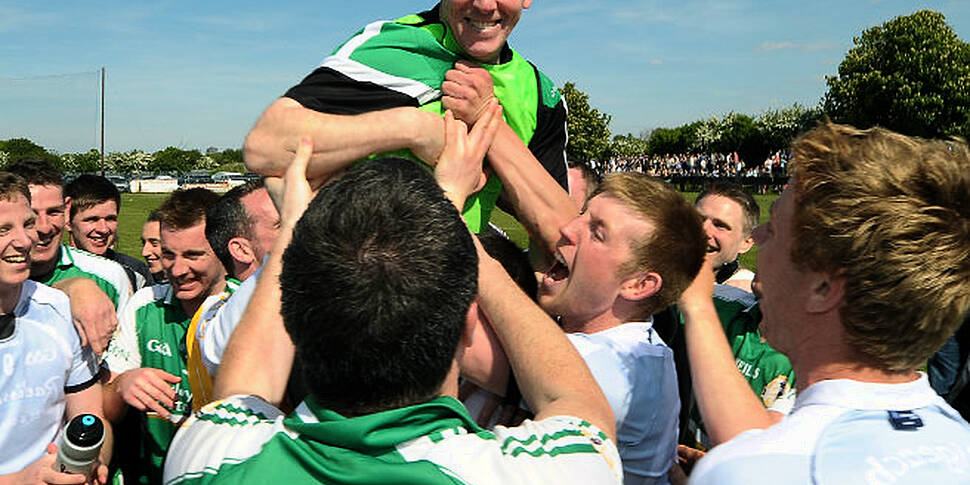With the first fully international match (no Irish players) having taken place between Galicia and Brittany in July 2012, world domination for hurling and Gaelic football is well underway. But that milestone is only the latest in a long history of international success for the Gaelic Athletics Association.
London & UK
London GAA - with the main team dubbed 'The Exiles' - was officially formed back in 1896. The relationship between the club and the parent Irish association runs deep. Both the Sam Maguire and McCarthy cups are named after members of London GAA. Liam McCarthy was the man who actually commissioned the iconic hurling prize, although the original was retired in 1992 and replaced with an exact replica. Other notable personalities associated with the club include Tim Doody, who played in both All Ireland Senior Finals (hurling and football) on the same day in 1901.
Other British GAA teams have been established in locations such as Lancashire, Yorkshire and Gloucestershire, as well as a dedicated Scottish team.
North America
With so many Irish citizens having emigrated to North America from the 18th century onwards, it’s no surprise the continent enjoys such an active GAA culture. The first recorded hurling match took place in Newfoundland in 1788, and since then a whole host of small teams and larger associations have carried on the tradition. With over 100 adult teams operating on the continent, North American County Board of the GAA organise the NACB Championship Play-offs every Labour Day weekend, bringing together teams from around the continent.
Boston boast of the largest GAA presence of any city outside Ireland, their website offering 2002 figures of 45 teams and 1,826 registered players in the city. The senior New York team, meanwhile, has taken part in the Connacht Senior Football Championship on several occasions, although without enjoying the same success of London.
As well as cities around the US, Canada also has a lively GAA scene, with teams and divisions scattered throughout the country. A highlight in the history of Canadian GAA were the Skydome Games, which saw championship teams from Ireland travel to Toronto for high-profile exhibition matches on St. Patrick’s Day 1990 and 1991. Alas, a massive fall in attendance saw the event experience an early retirement.
Asia
The Asian Gulf Board GAA oversees the various teams operating across Asia. There are teams based in Singapore, Taiwan, China, Hong Kong, Japan, Malaysia, United Arab Emirates and other Asian countries. There are annual regional championships such as the All-China Games, as well as continental tournaments (held in Malaysia in 2012).
Australia
Both hurling and football have been played in Australia at a casual capacity since the 1840s, while the first formal associations were founded in the middle of 20th century. Today, there are teams playing and training throughout Australia, and the games are particularly popular in West Australia, with two separate ‘gold’ and ‘black’ teams from the area competing in major competitions. There are also teams based in Auckland and Hutt Valley-Wellington in New Zealand.
With an Australia-wide tournament held every year, 2010 saw a championship held in Auckland, and several neighbouring Australian teams travelled over for the occasion. Last year’s championship took place in Perth, with West Australia Black (hurling) and New South Wales (men and women’s football) emerging victorious.
Europe
From Barcelona to Rome and Oslo to Budapest, clubs have sprung up around Europe since the formation of the GAA in 1884. Although countries such as Spain, Germany and France enjoy the largest GAA memberships, both football and hurling have also spread to Eastern Europe (Poland, Hungary, Slovakia and Czech Republic) and Scandaniva (Finland, Norway, Denmark and Sweden).
The European County Board recognises almost 70 teams around continental Europe, as well as organising Pan European tournaments. On one June weekend this year, over 700 players from 45 countries gathered to take part in five separate competitions held around Europe.
(Video: Jerome Quinn)









